Nashville: (615) 255-2002
Memphis: (901) 379-0900
Chattanooga: (423) 629-0906
Johnson City: (423) 979-0069
Knoxville: (865) 692-4840
Fixed Right. Fast, Guaranteed.
Blog Layout
Cleaning for an Inspection: What You Should Know
November 3, 2021
Health inspections are a regular part of the restaurant industry. Although these bi-yearly visits aren’t anyone’s favorite part of running a restaurant, they can help consumers identify which restaurants are performing at the top of their game. While commercial kitchen managers don’t look forward to inspections, it’s actually an opportunity to showcase your food safety systems. Preparing your team for an inspection is a way to review protocols and answer any questions about how to keep customers safe. If you’re expecting an inspection soon, here are five tips to help you prepare for this visit.
1. Alert your team to the most common health code violations.
If you’ve had a violation in the past, preparing for the next inspection is the time to get it right. Consider holding a quick refresher course during prep time to cover anything you may have missed on the last inspection. Common violations include time and temperature violations, storage violations, sanitation violations, and equipment violations. To prepare for scheduled or surprise inspections, have an Authorized Service Agent inspect and fix your commercial kitchen equipment in advance to help keep you in compliance.
2. Check your dishwasher sanitizer concentration.
County and city health departments are meticulous about checking the sanitization level
of plates, utensils, and glassware after they leave the dishwasher. That’s been especially true over the past 18 months. There are two ways that dishwashers sanitize dishes. Some commercial warewashers use high-temperature water to sanitize, while others use chemicals to fight pathogens, grease, and food residue. Whichever your commercial kitchen uses, you’ll want to ensure it’s performing up to health code standards. Have your commercial kitchen repair service double-check the water temperature or check the sanitizer concentration level of your dishwasher.
3. Check the temperature of your commercial ovens.
Commercial oven temperature is another health department requirement that is important to check before an inspection. Food must be kept at the proper temperature for the appropriate amount of time (often referred to as TTC) to pass inspection. Consequently, an oven that comes up to temp quickly and can hold temperatures for long periods of time is a must. While an in-oven thermometer is helpful, it may be a few degrees off in accuracy. This small error could prevent a passing score on an inspection. The best way to make sure your oven is ready for inspection is to have your commercial kitchen service tech test the heating and holding time.
4. Check the ambient temperature of your commercial refrigeration equipment.
This is another area where violations can run rampant. The temperature of your prep tables, coolers, and freezers can vary depending on the amount of inventory kept inside. Prior to an inspection, keep doors closed if at all possible, preventing warm air from entering. If the ambient temperature on your equipment looks high, don’t risk a code violation. Have an Authorized Service Agent check the refrigeration unit’s thermostat, clear the drain lines, clean the coils, and check the fans during a scheduled service visit. Your commercial kitchen equipment should be at peak performance during an inspection.
5. Check your ingredients for proper storage.
One violation that occasionally slips past kitchen managers is the need for proper storage for all types of kitchen inventory, including frozen foods, meats, veggies, dairy, and eggs. Restaurants are busy spaces, and food storage systems are not always used correctly. In addition to keeping foods at the correct temperature, food must also be kept at least six inches off the ground, and inventory must be labeled and dated. Ideally, food should be stored using the FIFO method (First In, First Out) to ensure that older ingredients are used before newer inventory. Most teams utilize a color-coded system to quickly identify what inventory needs to be kept at what temperature. Consider simplifying your food organization system
if inventory tends to be disorganized or left out too long.
Let ATECH prep your industrial kitchen equipment for inspection.
Before an inspection takes place, meet with the experts at ATECH to check the function of all your commercial kitchen equipment. As an Authorized Service Agent for over 123 manufacturers, we’re proud of our written 90-day parts and labor warranty, backed by our 100% customer satisfaction guarantee. Let us show you why so many Tennessee businesses trust ATECH for commercial equipment repair. With our help, your team can keep your kitchen safe, consistent, and ready to receive an “A” grade on your next inspection.
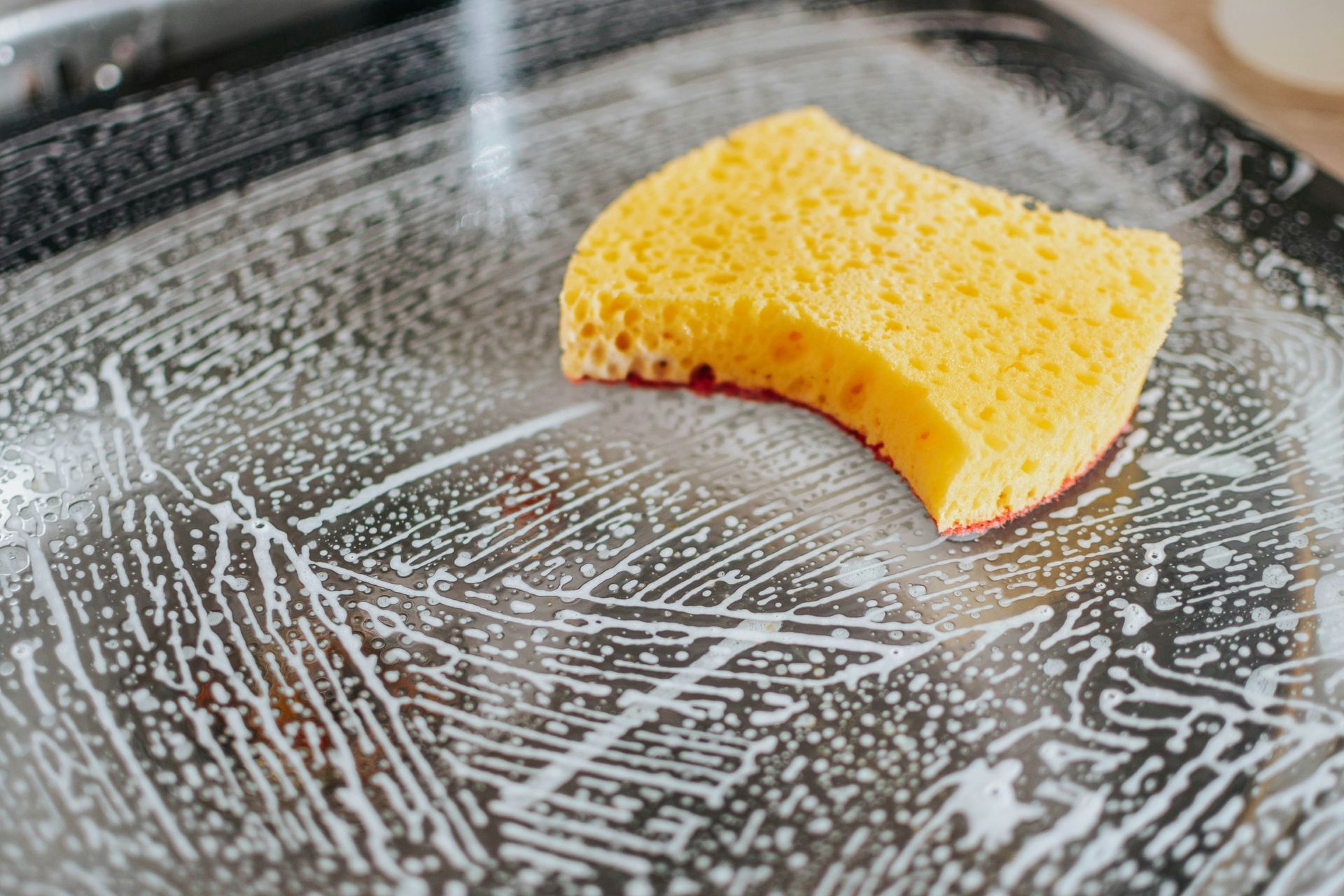
By markl
•
March 20, 2024
As the season changes and springtime blooms, it's the perfect opportunity to refresh and rejuvenate your restaurant space. Spring cleaning isn't just about tidying up; it's about ensuring a safe, welcoming environment for your patrons and staff. In this blog post, we'll explore some essential tips and best practices for restaurant cleanliness in the springtime. Embrace Deep Cleaning : Spring cleaning is the ideal time to tackle those deep cleaning tasks that may have been neglected during the busier seasons. From scrubbing floors and walls to deep cleaning kitchen equipment, thorough sanitation ensures a hygienic environment for food preparation and service. Focus on High-Traffic Areas : Pay special attention to high-traffic areas such as dining areas, restrooms, and entryways. These areas are prone to accumulating dirt, dust, and germs, making regular cleaning essential for maintaining a pristine appearance and preventing the spread of illness. Refresh Outdoor Spaces : If your restaurant has outdoor seating areas, spring is the perfect time to freshen them up. Clean outdoor furniture, sweep away debris, and power wash outdoor surfaces to create an inviting atmosphere for al fresco dining. Check and Replace Equipment Filters : Don't forget to inspect and replace filters in HVAC systems, refrigeration units, and ventilation hoods. Clean filters help maintain air quality and prevent the buildup of contaminants, ensuring a healthy indoor environment for both customers and staff. Engage Staff in Cleaning Initiatives : Encourage staff members to take pride in the cleanliness of the restaurant by involving them in spring cleaning initiatives. Assign specific tasks and provide training on proper cleaning procedures to ensure consistency and effectiveness. Implement Regular Maintenance Schedule : Establish a regular maintenance schedule to keep up with cleaning tasks throughout the year. By incorporating daily, weekly, and monthly cleaning routines, you can maintain a high standard of cleanliness and prevent the accumulation of dirt and grime. Invest in Quality Cleaning Products : Choose cleaning products that are effective yet environmentally friendly. Look for products that are certified as safe for use in foodservice establishments and follow manufacturer recommendations for proper application and usage. Monitor and Adjust Cleaning Protocols : Continuously monitor cleaning protocols and adjust as needed based on feedback, customer traffic, and changing regulations. Regular evaluation ensures that your cleaning practices remain effective and in compliance with industry standards. Spring cleaning is an essential aspect of restaurant maintenance that goes beyond just aesthetics. By implementing thorough cleaning routines, engaging staff members, and investing in quality cleaning products, you can create a safe, hygienic environment that enhances the dining experience for your customers and promotes a healthy work environment for your staff. As you embark on your spring cleaning journey, remember that ATECH is here to support you with a wide range of cleaning and maintenance solutions tailored to meet the unique needs of your restaurant. Happy spring cleaning!
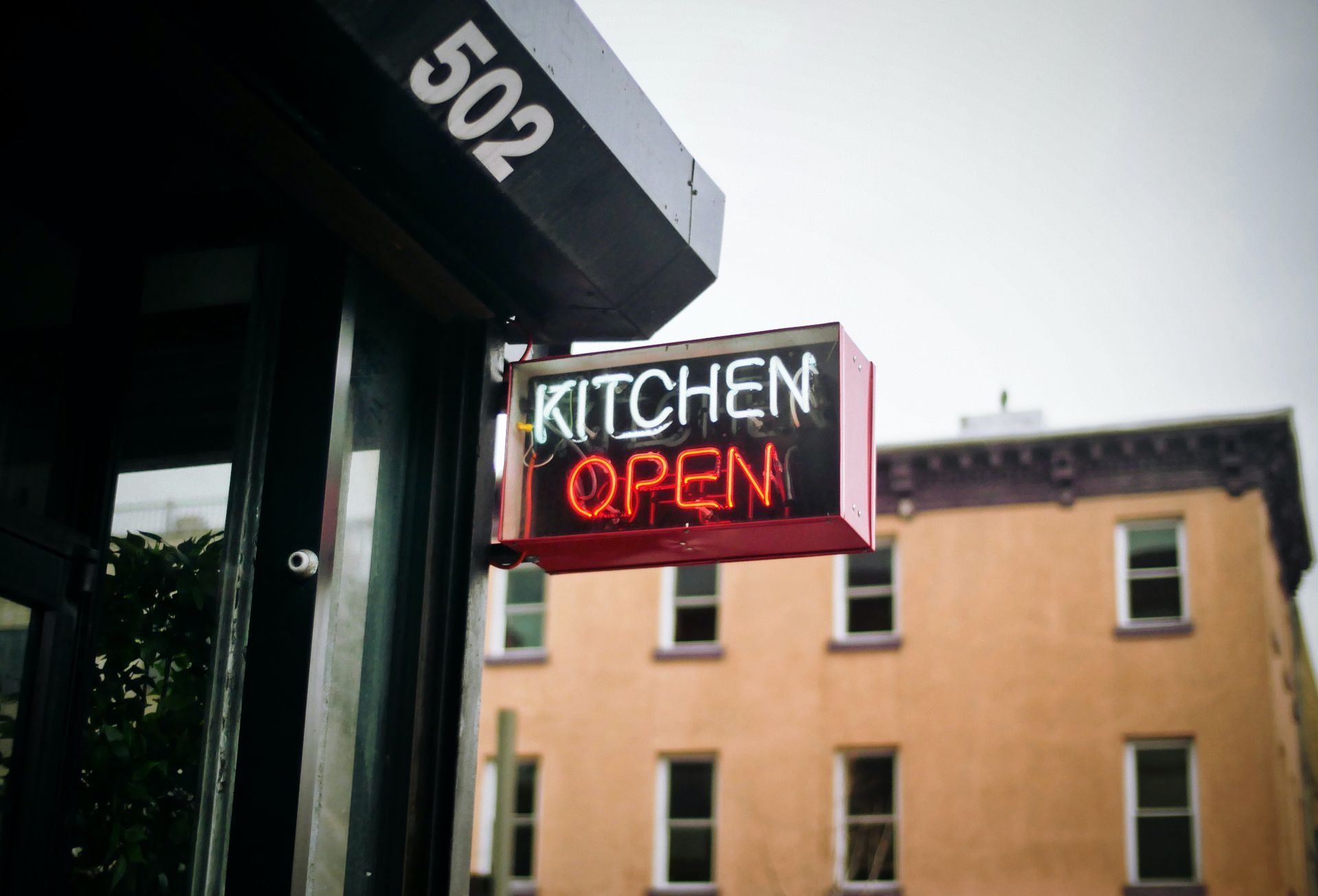
By markl
•
January 26, 2024
Winter is here, and at ATECH, we understand the unique challenges businesses face in keeping their commercial equipment running smoothly during the colder months. In this comprehensive guide, we'll delve into the strategies, tips, and success stories that can help your business navigate winter effortlessly. From equipment maintenance to emergency services, consider this your go-to resource for mastering winter with ATECH. Winter Equipment Maintenance Tips Checklist for Winter-Ready Equipment: Inspect Seals and Gaskets : Ensure a tight seal to prevent cold air leakage. Check Insulation : Evaluate the insulation of walk-in coolers and freezers. Clean and Sanitize : Thoroughly clean and sanitize all equipment surfaces. Temperature Adjustment : Set optimal winter temperatures for each piece of equipment. ATech Maintenance Tips for Different Equipment: Fryers and Grills : Clean and inspect burners for efficient operation. Ice Machines : Check water lines for insulation and replace filters regularly. Heating Systems : Schedule preventive maintenance to optimize efficiency. Electronic Equipment : Keep spaces well-heated and clean to prevent malfunctions. Businesses often grapple with specific equipment failures that can disrupt operations. ATECH understands the challenges posed by heating system malfunctions, electronic equipment performance, and other issues during the colder months. To tackle these common winter-related failures, businesses should prioritize preventive measures. Regular heating system maintenance checks and air filter replacements can prevent malfunctions. For electronic equipment, maintaining ambient room temperature and conducting routine cleaning are key strategies to ensure optimal performance throughout winter. ATECH's Winter Services: A Lifeline for Your Business Winter demands a proactive approach to equipment maintenance, and ATECH stands as the lifeline for businesses navigating the challenges of the season. Our comprehensive winter services go beyond mere repair and include prompt equipment repairs, planned maintenance, and emergency services. With a commitment to same-day service for urgent winter emergencies, ATECH ensures that businesses can rely on swift resolution during critical times. What sets us apart is our team of factory-trained and CFESA-certified technicians, offering not just reliability but a dedicated partnership to keep your business running smoothly through the coldest months. Trust in ATECH, your lifeline in the winter business landscape. Winter doesn't have to be a season of uncertainty for your business. With ATECH by your side, you have a reliable partner dedicated to providing top-notch equipment repairs and maintenance services. Master winter with confidence, knowing that our comprehensive guide and expert services are here to support your business every step of the way. For personalized winter readiness assessments and expert guidance, contact ATECH today. Let's navigate winter together, and keep your business thriving.
VISIT US
,
This is a placeholder for the Yext Knolwedge Tags. This message will not appear on the live site, but only within the editor. The Yext Knowledge Tags are successfully installed and will be added to the website.
This is a placeholder for the Yext Knolwedge Tags. This message will not appear on the live site, but only within the editor. The Yext Knowledge Tags are successfully installed and will be added to the website.
Locations also available in Memphis, Knoxville, Chattanooga, and Johnson City
HOURS
Monday
Tuesday
Wednesday
Thursday
Friday
Saturday
Sunday
This is a placeholder for the Yext Knolwedge Tags. This message will not appear on the live site, but only within the editor. The Yext Knowledge Tags are successfully installed and will be added to the website.
HOURS
Monday
Tuesday
Wednesday
Thursday
Friday
Saturday
Sunday
This is a placeholder for the Yext Knolwedge Tags. This message will not appear on the live site, but only within the editor. The Yext Knowledge Tags are successfully installed and will be added to the website.
Hi. Do you need any help?
CONTACT US
Nashville: (615) 255-2002
Memphis: (901) 379-0900
Chattanooga: (423) 629-0906
Johnson City: (423) 979-0069
Knoxville: (865) 692-4840
Privacy Policy
| Do Not Share My Information
| Conditions of Use
| Notice and Take Down Policy
| Website Accessibility Policy
© 2025
The content on this website is owned by us and our licensors. Do not copy any content (including images) without our consent.
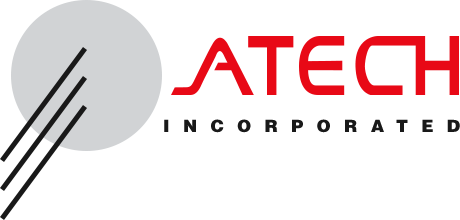

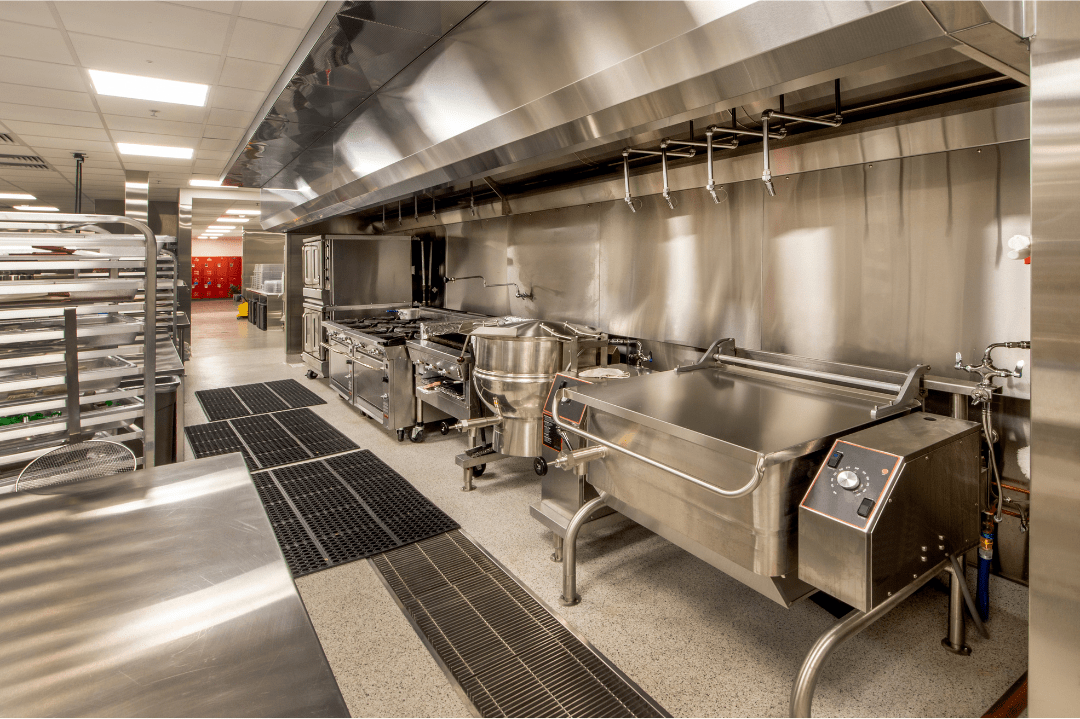
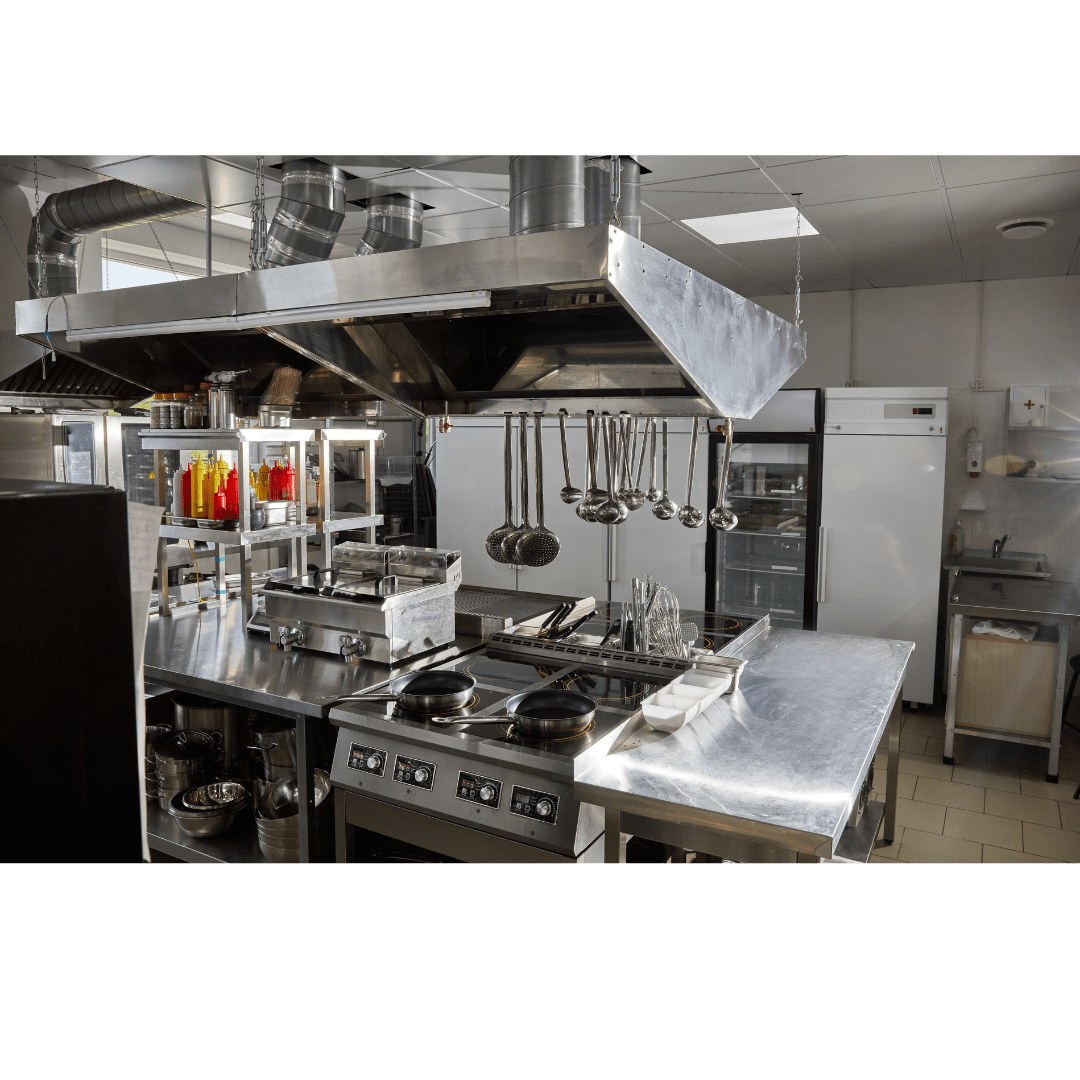
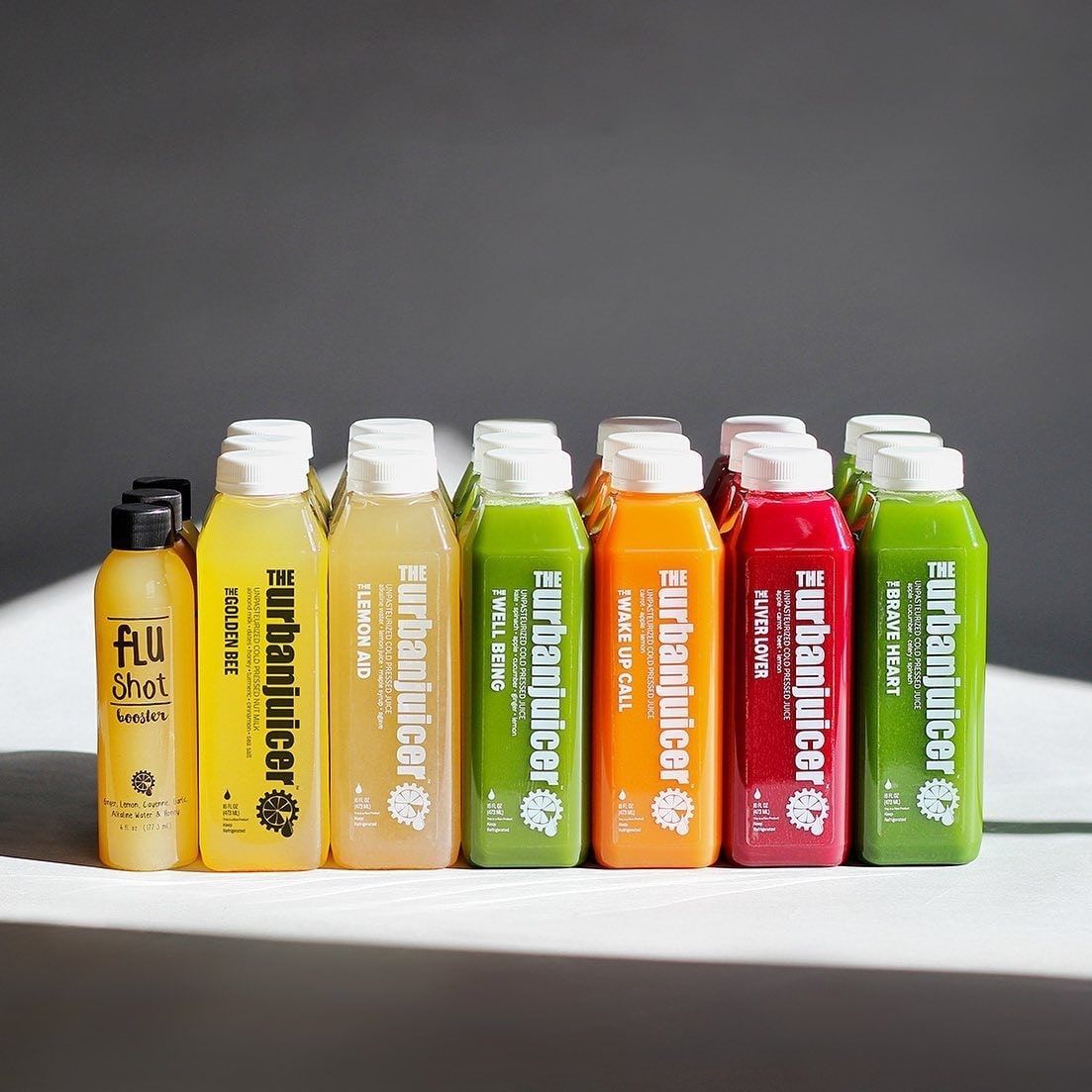
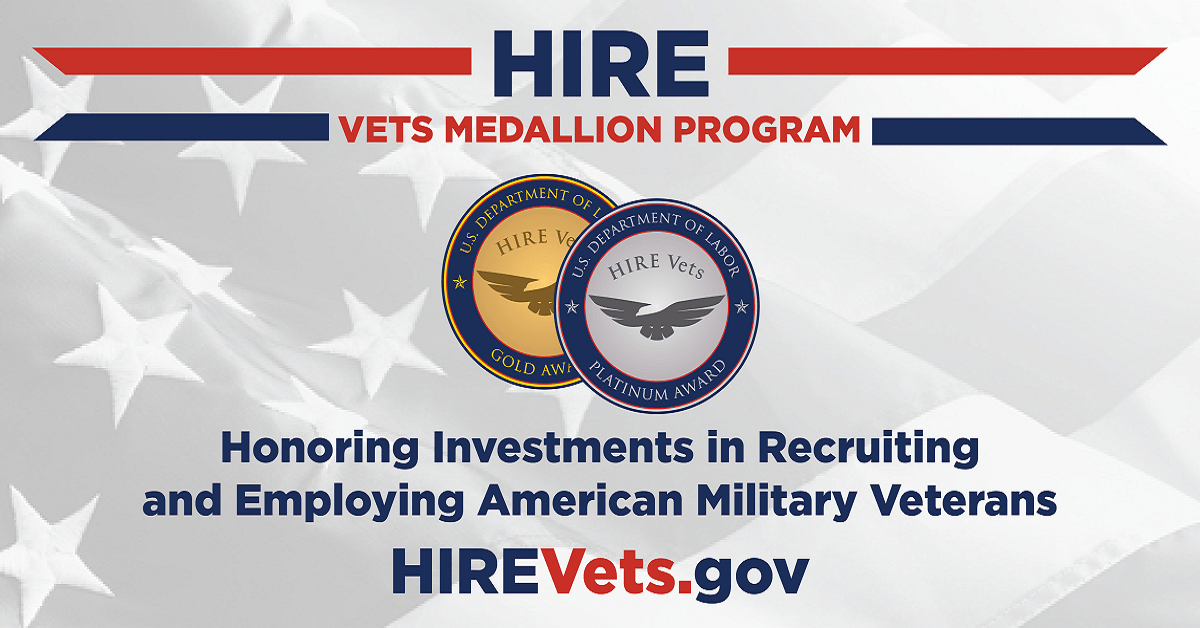

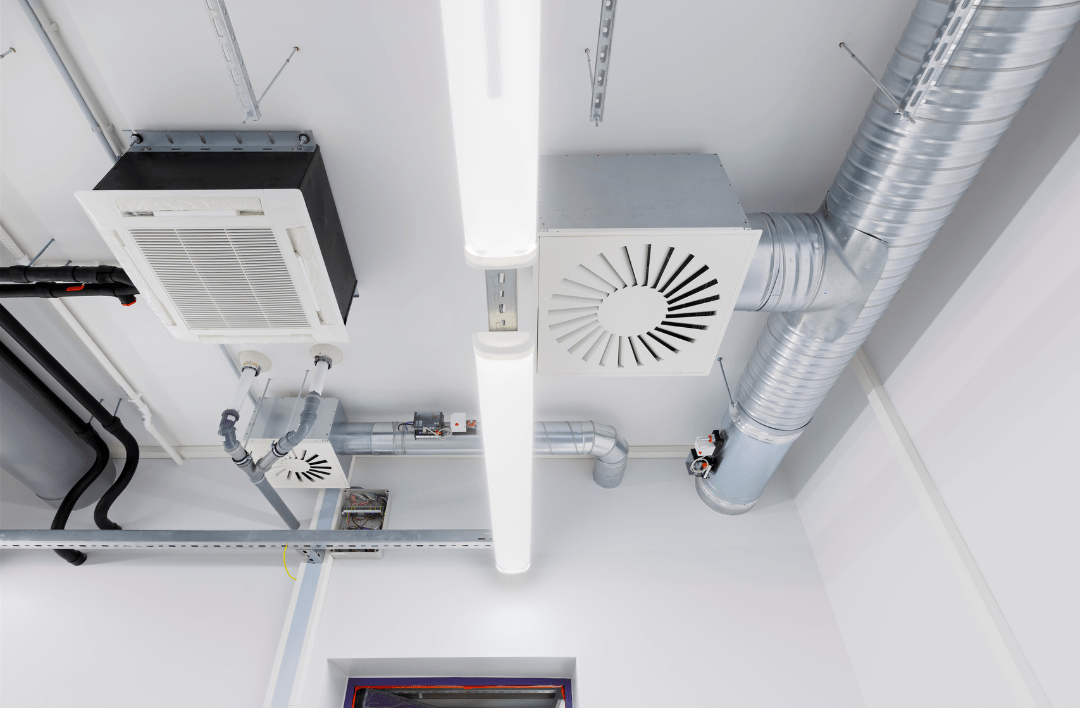
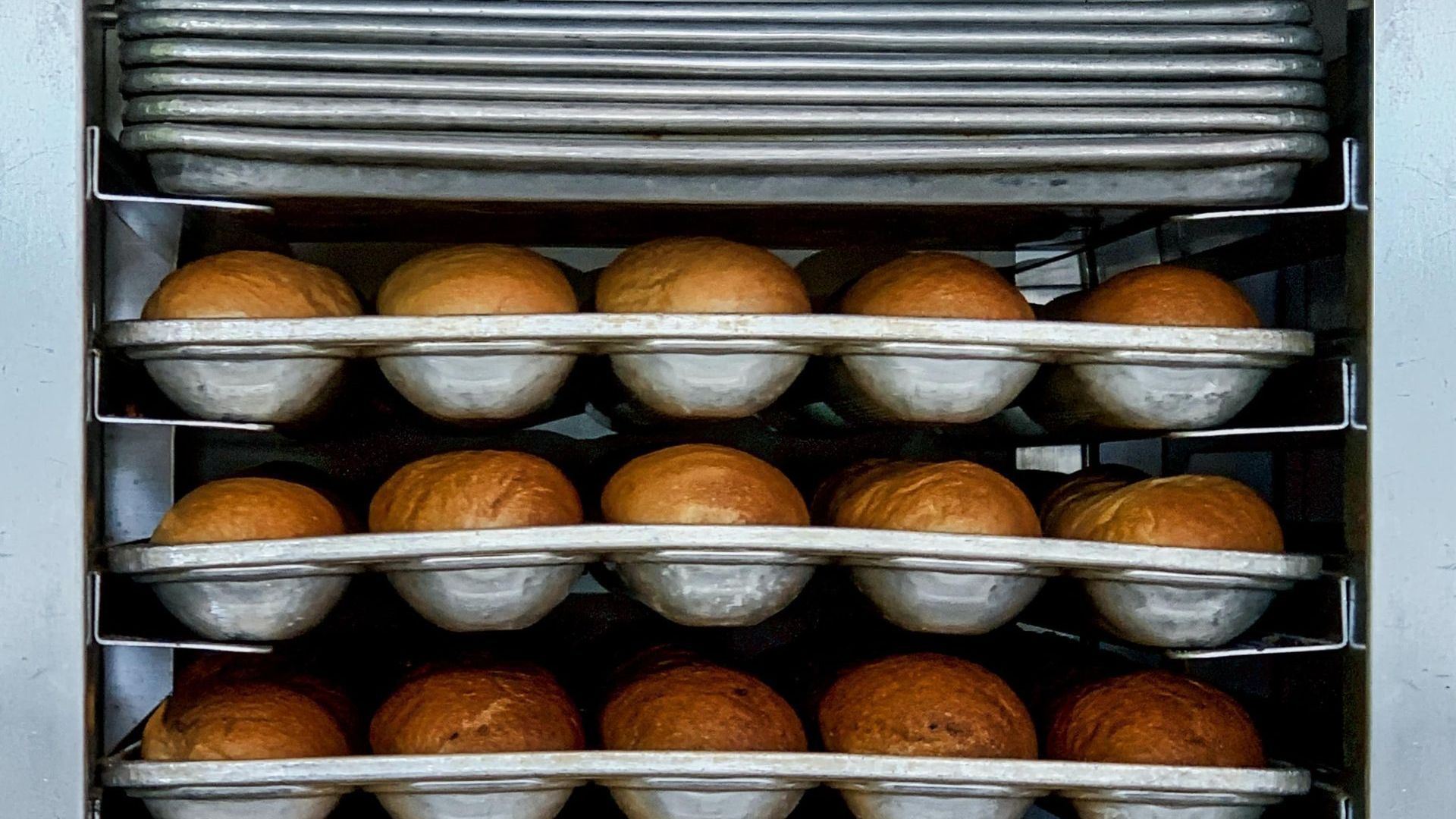
Share On: